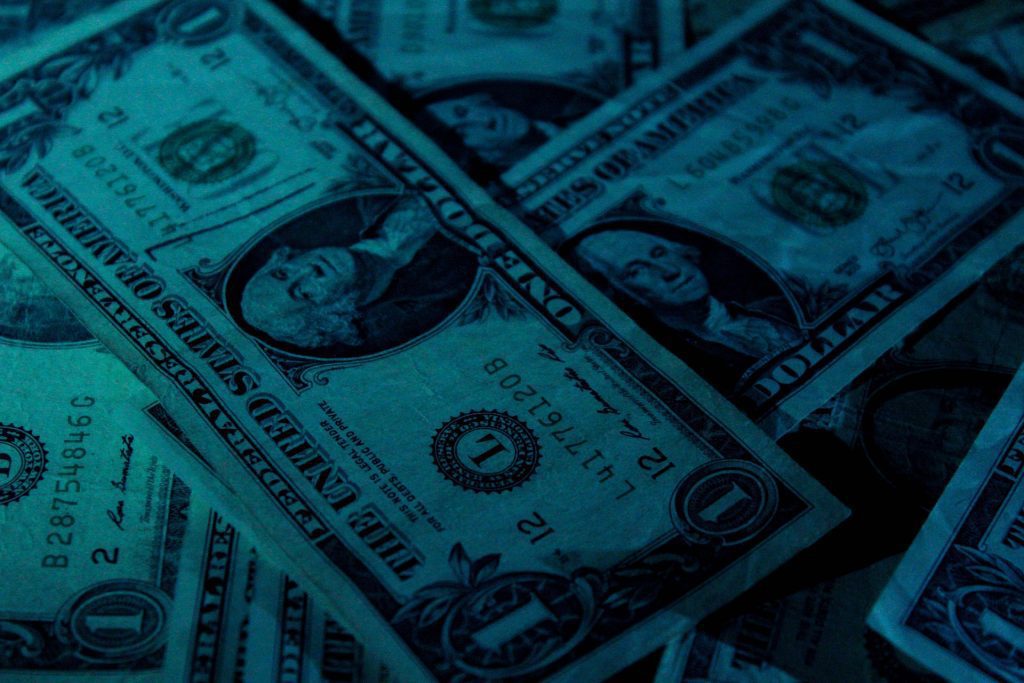The dollar is rising and has not reached its peak yet. There is no denying that the dollar’s rally has been a challenge for non-US equity investors; However, a strong dollar is not always bad news for non-US companies. Comment by Steve Carruthers, equity investment expert at Capital Group
There is no denying that the relentless rise of the US dollar is challenging for non-US equity investors. The currency translation effect (ie, gains and losses from converting non-US investment income into US dollars) adversely affected global equity portfolio results.
Currency fluctuations can affect investors in two ways. In addition to portfolio-level transition effects, companies in a portfolio may experience commercial implications. However, a strong dollar is not always bad news for non-US companies.
Certain companies with strong fundamentals may benefit disproportionately from currency fluctuations. Depending on where a company generates revenue or incurs costs, exchange rate volatility can strongly affect corporate profitability. Companies with significant costs in euros or yen and most of their revenues in US dollars, for example, can benefit. Against this backdrop, research is necessary to understand how exchange rate volatility affects profitability. Ultimately, underlying corporate fundamentals should drive investment decisions rather than short-term currency fluctuations.
In today’s global economy, it is common for multinational companies to have geographically diverse sources of income, as well as manufacturing and supplier centers located around the world. For example, as of September 14, 2022, companies in the S&P 500 index generated about 40% of their income from countries outside the United States. When the dollar is strong, this dynamic can put pressure on the profits of such companies, as foreign currencies are less valuable when the dollar is weak.
The reverse can also happen for non-US companies. For example, many sectors of the MSCI Europe index generate strong US dollar returns. Sectors that typically benefit from large spreads between the US dollar and other currencies include automotive, electronics, shipbuilding, machinery, aerospace and defense, and luxury goods.
There are many competitive factors that can determine profitability beyond currency fluctuations, and many companies hedge their currency exposures to protect their balance sheets from unexpected swings. However, there are several examples of non-US companies pointing to a stronger dollar as a positive for their profits this year.
One of these is the British aerospace company BAE, which makes 47% of its revenue in dollars. During BAE’s recent earnings conference call, executives explained that “if the current dollar (exchange) rate holds through the year, there will be a significant benefit to reported results.” The company estimates that if the pound weakens by another 10 cents against the dollar, the earnings before interest and tax (EBIT) forecast could be revised up to 10%.
French consumer preferences conglomerate LVMH, which owns luxury goods maker Louis Vuitton, offers another compelling illustration of the positive impact a strong dollar has on non-U.S. companies. In a recent shareholder presentation, LVMH (about 27% of its revenue is in dollars) noted that currency effects boosted its profit by more than €400m in H1 2022. Currency impact alone accounted for about 19% of year-over-year performance. The result is progress.
Also a French drugmaker Sanofi benefited from a stronger dollar. It said currency effects boosted its sales by nearly 1 billion euros in the first half of 2022 and boosted earnings per share by 0.19 euros.
A strong dollar is here to stay
The dollar is rising for good reason, it has not yet reached its peak. The US economy is stronger than other major countries and the US Federal Reserve is tightening aggressively to reduce the impact of inflationary pressures.
In other parts of the world, the matter is quite different. Outside the US, growth was weak, with inflation driven mainly by higher energy prices and a sharp decline in real wages. As a result, central banks are forced to make what we call “bad” rate hikes.
Stock hedging can be challenging
With respect to the currency exchange effect, investors seeking to mitigate exchange rate volatility may choose to implement a hedging strategy (typically using forward currency contracts). Hedging may be appropriate when investors believe that a particular currency is undervalued or overvalued, or to reduce currency risk.
However, many studies show that stock hedging is not worth the cost. These currency strategies have relatively little impact on the long-term volatility and returns of an equity portfolio. The situation is different for bond portfolios, where currencies are a more significant source of risk and return. In fixed income, currency hedging is effective based on the investor’s view of currencies in specific markets.
Active management can help identify which companies can benefit from a strong dollar. Stronger currency swings this year have benefited some companies, but the effects on the dollar’s valuation will be more varied. In our view, research is necessary to assess the potential effects of currencies on a given company’s prospects and the earnings potential of its shares.
Sign up for our newsletter
Subscribe to our mailing list to receive our newsletter

“Gamer. Professional beer expert. Food specialist. Hardcore zombie geek. Web ninja. Troublemaker.”







More Stories
Snow, low elevation, will fall in affected areas from Tuesday onwards
Five rockets were fired from Iraq at a US base in Syria
Snowfall from Monday 22nd, even on the plains at very low altitudes, let's see where